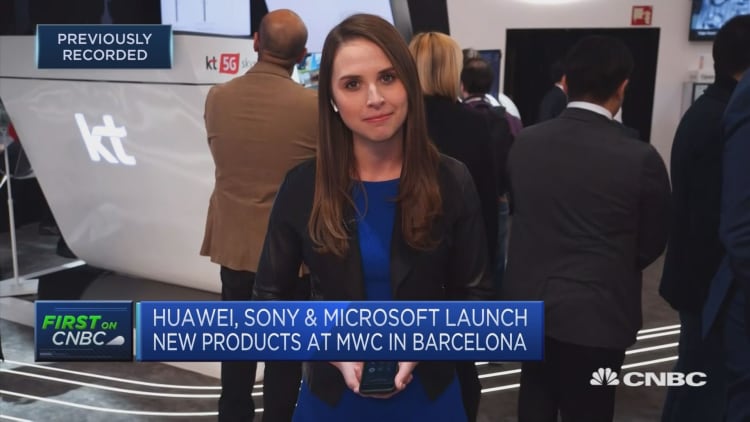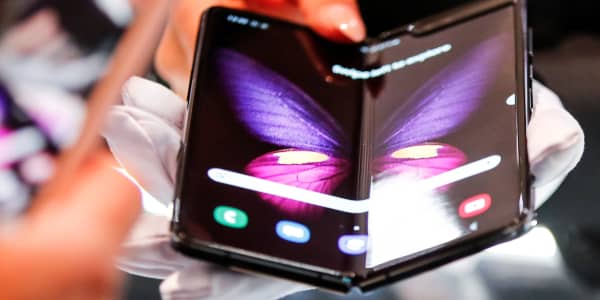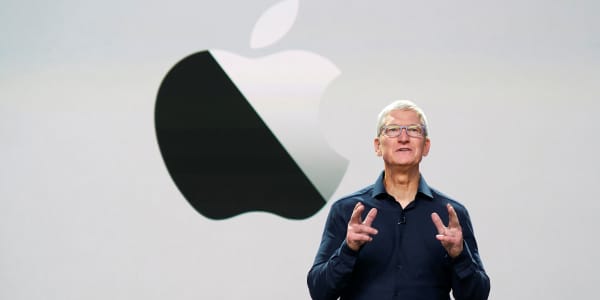A top U.S. government official made the case against Huawei at the Mobile World Congress in Barcelona, the telecom industry's biggest trade show where the Chinese firm has a massive presence.
Robert Strayer, ambassador for cyber and international communications at the U.S. State Department, told reporters Huawei's 5G infrastructure puts the U.S. and its allies at risk of Chinese spying, calling the company "duplicitous and deceitful."
"The United States is asking other governments and the private sector to consider the threat posed by Huawei and other Chinese information technology companies," Strayer said Tuesday.
U.S. officials fear the Chinese government could force Huawei to share information on citizens gathered through its telecoms equipment on new super-fast 5G networks. Strayer said Chinese law requires firms to "support and assist Beijing's vast security apparatus, without any democratic checks and balance on access to, or use of data."
Earlier on Tuesday, Guo Ping, the rotating chairman at Huawei, reiterated the company's position that it does not, and will not, engage in any form of spying.
"Let me say this as clear as possible, Huawei has not and will never plant backdoors. And we will never allow anyone to do so in our equipment. We take this responsibility very seriously," he said.
Huawei, the world's largest telecommunications company, has become a heated topic at Mobile World Congress this year as companies weigh the security risks of 5G. 5G is a a so-called fifth-generation wireless network that promises faster speeds and lower latency, increasing download speeds for consumers and potentially transforming industries like the internet of things and self-driving cars.






